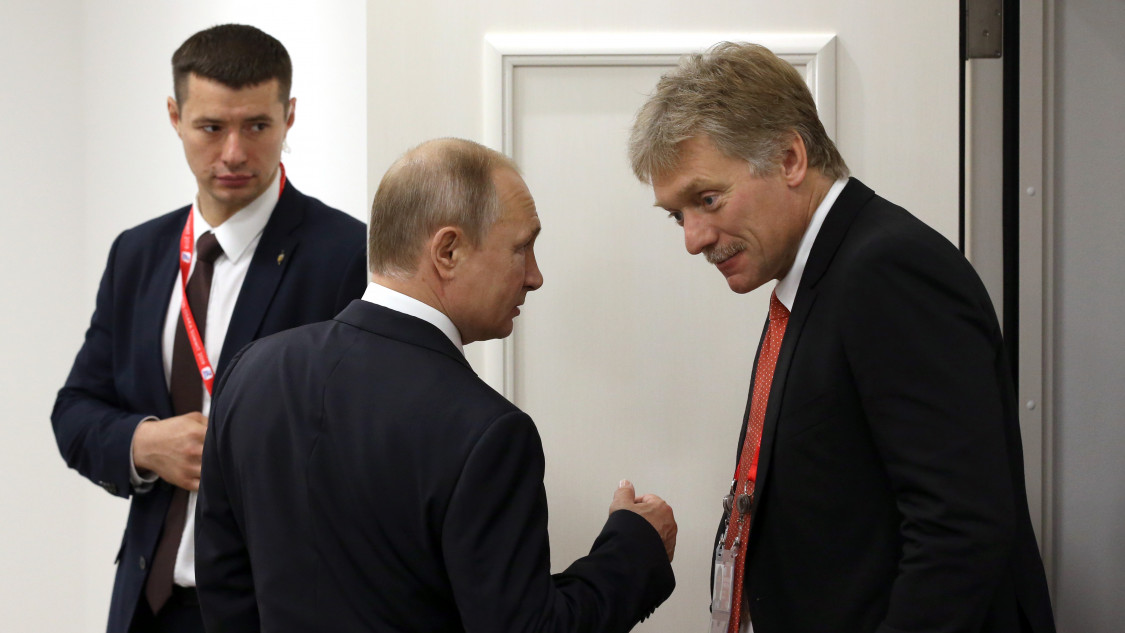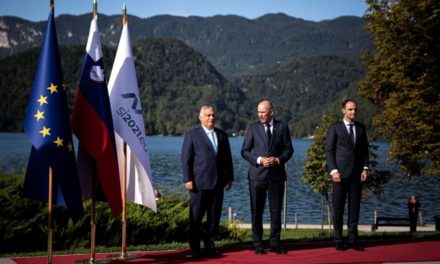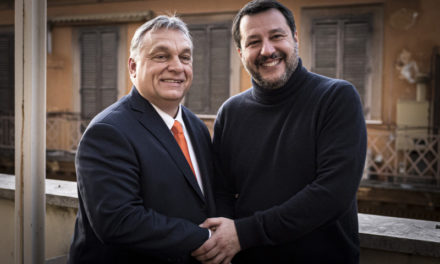President Vladimir Putin was and remains open to any contacts that could somehow help Russia achieve its security goals, Kremlin spokesman Dmitry Peskov said in an interview published in the Izvestiya newspaper on Tuesday.
In the lengthy interview, Peskov urged a change in the security concept on the part of the West: the recognition of the principle of the indivisibility of security, that is, that the security of one country cannot be guaranteed at the expense of another. He lamented that prior to the war, Moscow's security concerns conveyed to Washington, Brussels and Vienna were ignored.
He praised the Chinese plan for the political settlement in Ukraine, which he said coincided with the Russian approach.
According to the spokesman, Moscow wants to achieve its goals peacefully, at the negotiating table, but if this is not possible, it is also ready to do so militarily. Regarding the statements of German Chancellor Olaf Scholz and French President Emmanuel Macron expressing willingness to negotiate, he stated: no such initiative has taken place recently. At the same time, he noted that the mediation potential "simply ceases" if any country intervenes in the conflict on the side of Ukraine.
"There are still forces in Ukraine that do not like the current system in Kyiv," he answered when asked if there were any partners in Ukraine ready for negotiations. As he said, a small part of these forces is still in Kiev, and some of them are in other places, including in Russia. Among them was Viktor Medvedchuk, the opposition politician who was stripped of his Ukrainian citizenship and parliamentary mandate this year, who, he said, "has supporters, even if not as many as we would like."
He noted that those who remained in Ukraine were "simply afraid."
"Physically, it is dangerous to raise their heads in any way because they will be destroyed immediately"
he added.
Regarding Moscow's suspension of its participation in the Russian-American New START treaty on the limitation of military offensive weapons, he stated:
"From our point of view, there has been a cardinal change in the situation."
He recalled that when the document was created, the British and French nuclear arsenals, far behind the Russian and American ones in terms of performance and quantity, but significant for the European strategic security system, were "left out of the picture".
"And the moment NATO became a de facto party to the conflict in Ukraine, the situation changed. NATO now essentially acts as a bloc, no longer as our traditional adversary, but as our enemy. Their intelligence works against us 24 hours a day, their weapons, as Putin emphasized in a recent interview, are delivered to Ukraine for free, and they shoot at our army (…). "Commitments and collective decisions are made within NATO about new deliveries and new, increasingly high-tech weapons," he stated.
Peskov lamented that the decision was only met with unrelenting criticism from the West, but no one showed a willingness to take Russian concerns to heart.
"They stubbornly do not want to hear Putin's words," he said.
He objected that the United States and the EU countries are violating international law by bypassing the UN and introducing sanctions against others, primarily Russia, because economic punitive measures can only be enforced with the approval of the world organization's Security Council.
He also mentioned that, according to public opinion polls, support for the Russian president's policies in the country remains high. As he said, Putin has not yet announced whether he intends to run for president in next year's presidential election.
MTI













